Fulanga pictures of daily life

Salsa af Stavsnas
Ellinor Ristoff Staffan Ehde
Thu 16 Oct 2014 19:24
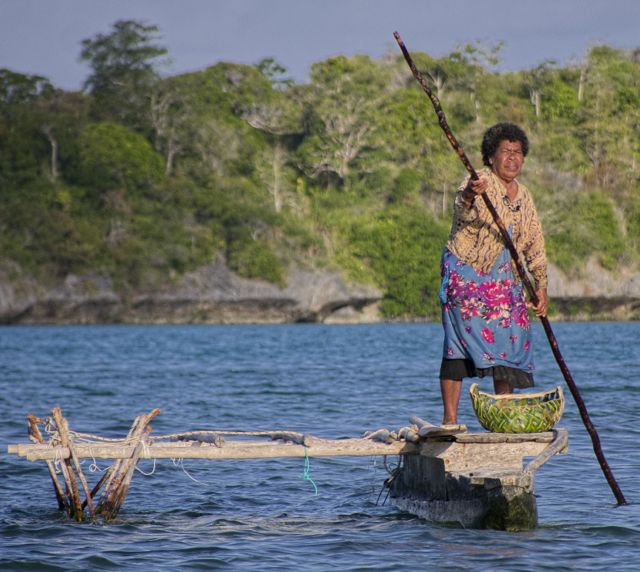 There is no pension, you have to get your food
yourselfe every day, but there is a sense of sharing
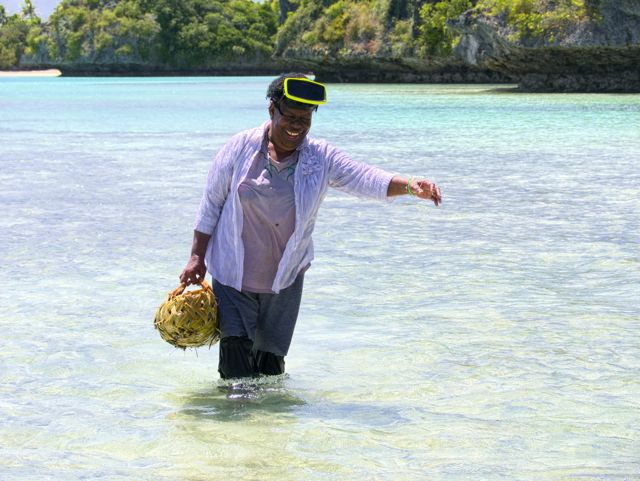 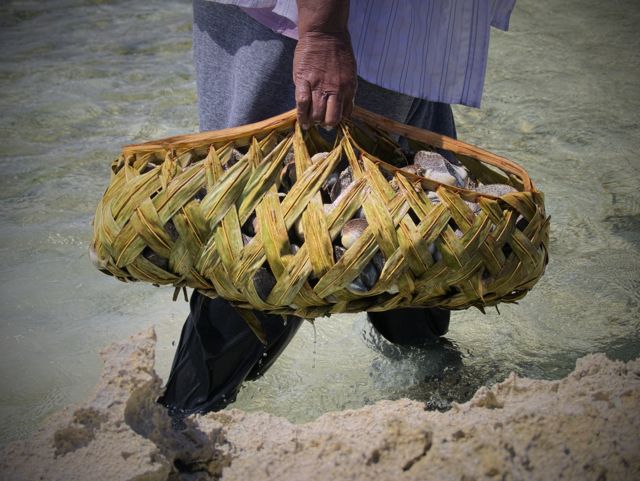 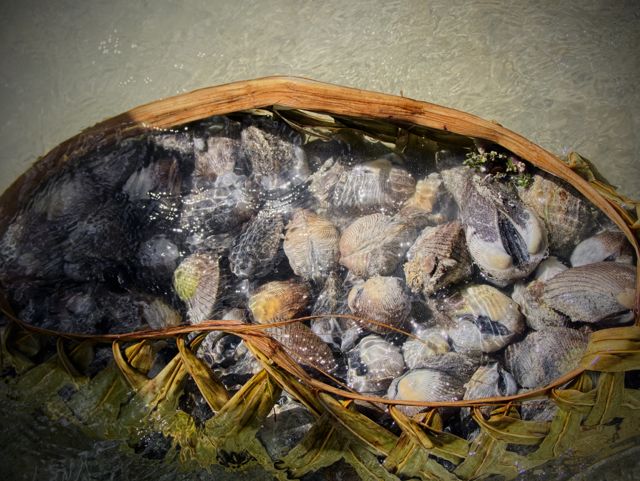 Clams, they are eaten boiled and are
delicious
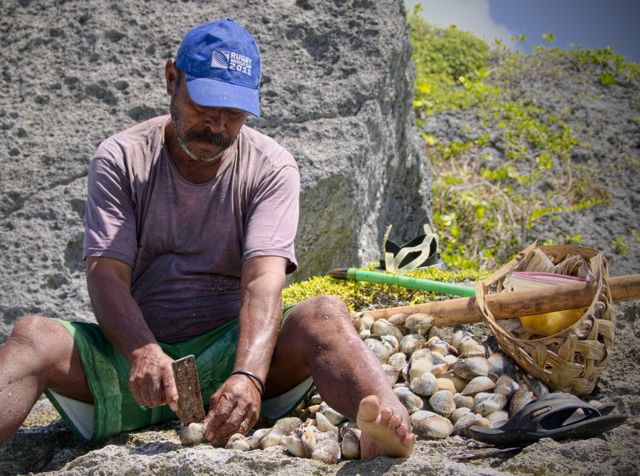 The work under water is usually carried out by
women, the men are mostly farming
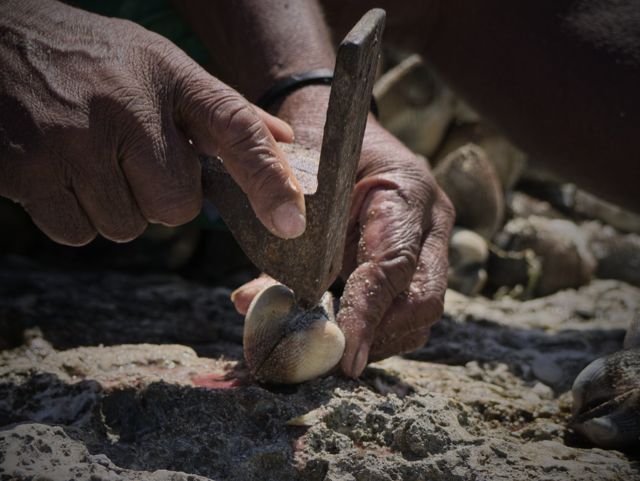 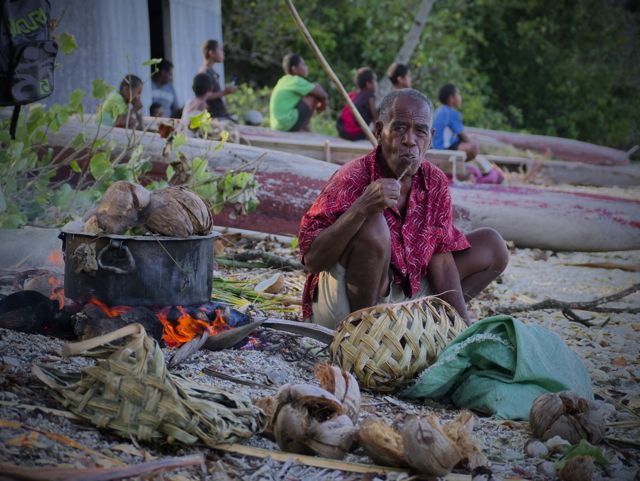 The clams are boiled under the coconut shells,
Selotes father is just lightning a cigarette, cagerettes are a tobacco
leaf
rolled with some paper, preferably a newspaper.
Before paper they used banana leafs.
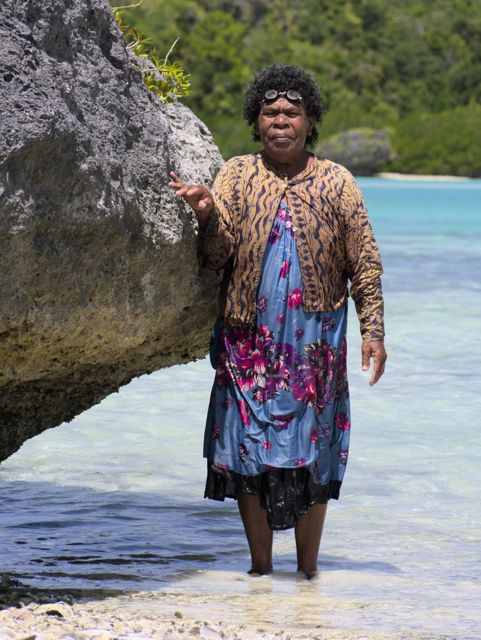 The dresscode is very strict, even when you dive
for clams or spear fish you have to wear full dress,
the women told me it is cold, heavy and very
unpractical, but appropriate
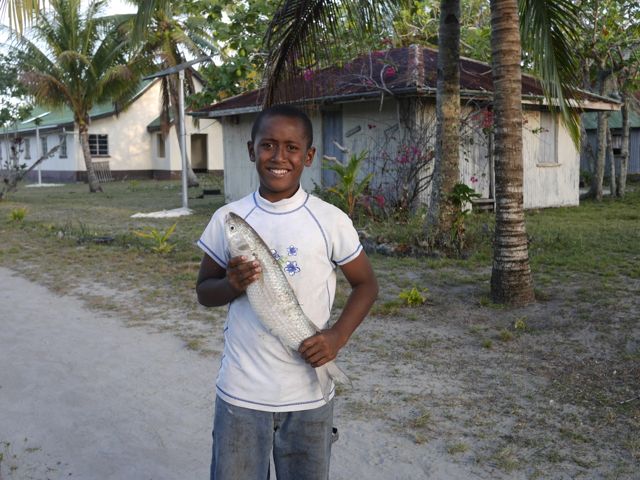 When the fishermen come home with a catch you will
soon see people walking with a fish and bring it to their supper
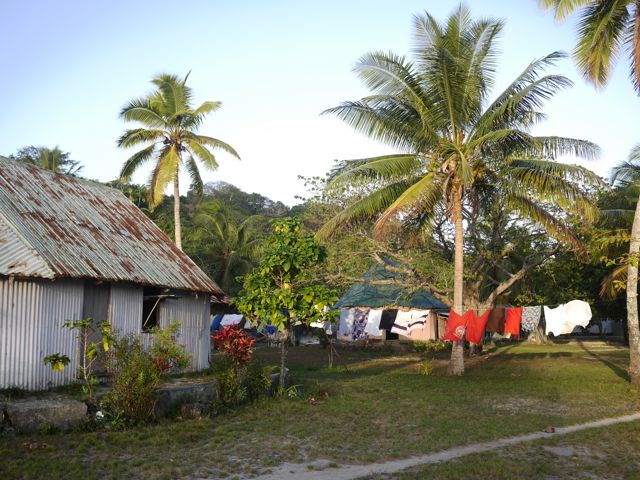 Since a cyclone in 1987 (I think it was) the houses
are now built mostly in sheets of metal, but still in the traditional
way
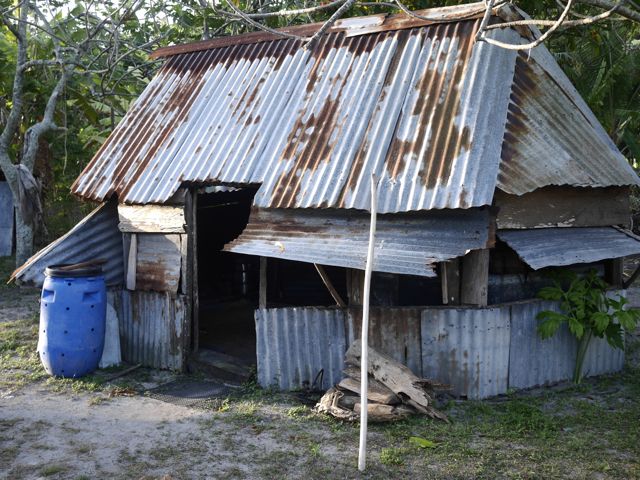 Usually there is a separate house for
cooking
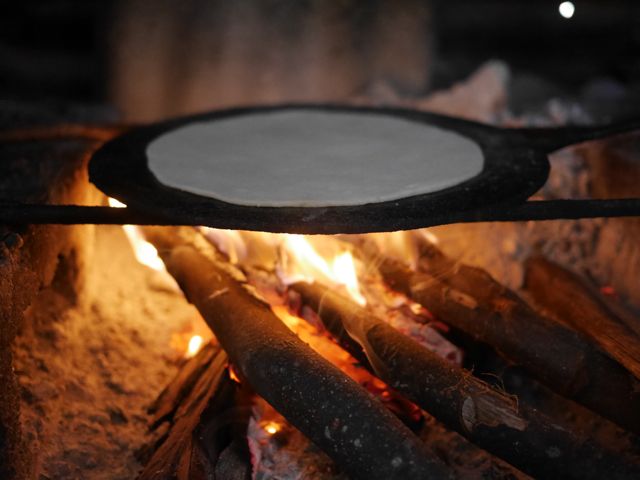 Roti is being made by Selote
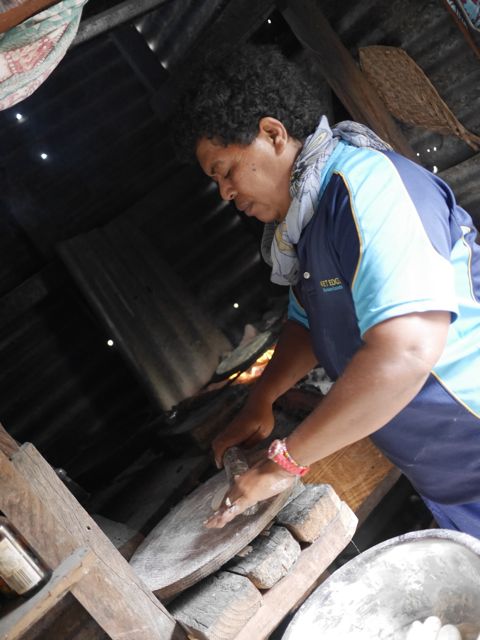  Selote is looking out from her cooking house and
just by it is the workshop that is runned by Mini, her husband
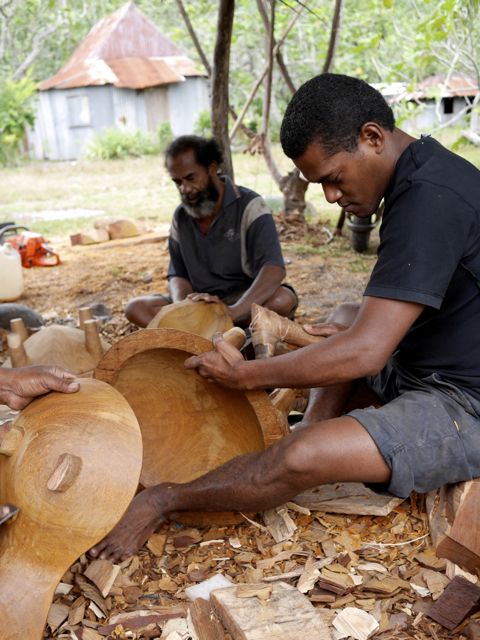 Fulaga has a strong tradition of wood
carving
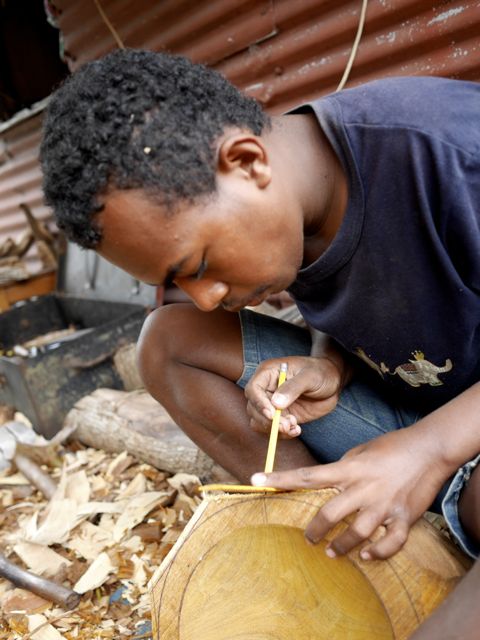 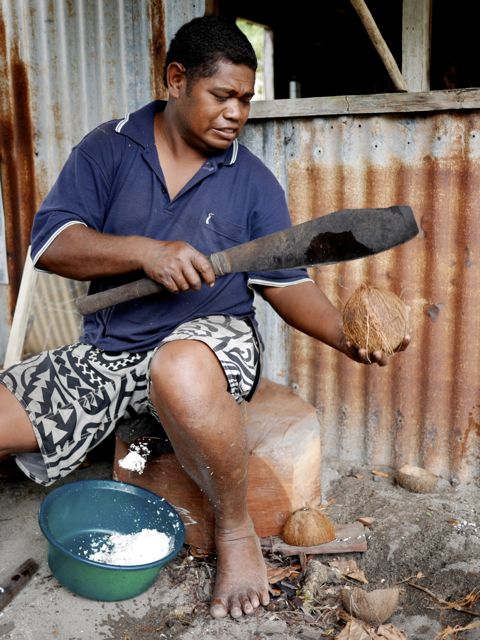 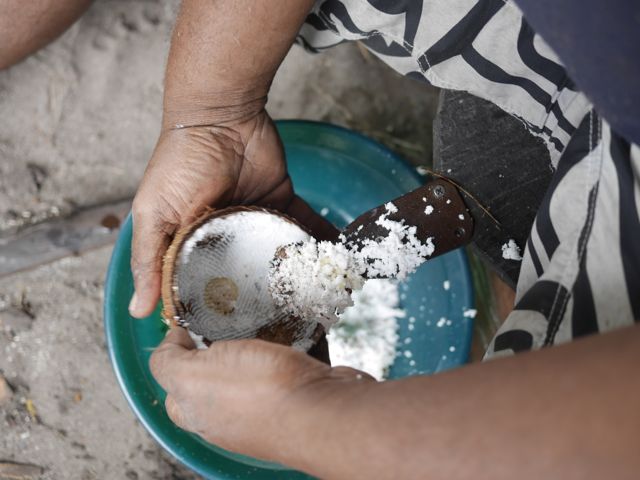 Coconuts are an important part of the cooking and
they provide clean drinking juce
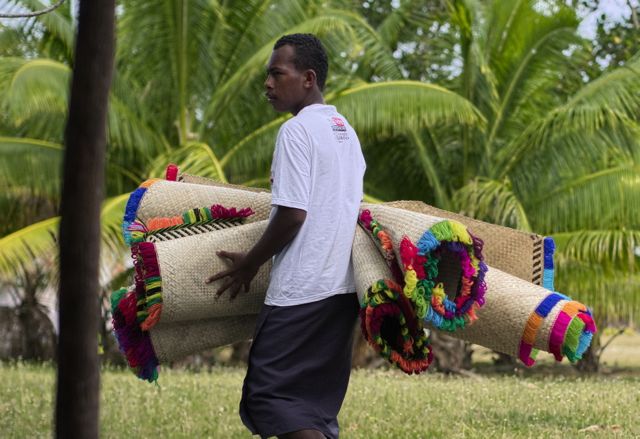 Weaving is also another important income and it is
all done by hand, here a worker that has set up solar panels
gets a gift from the village
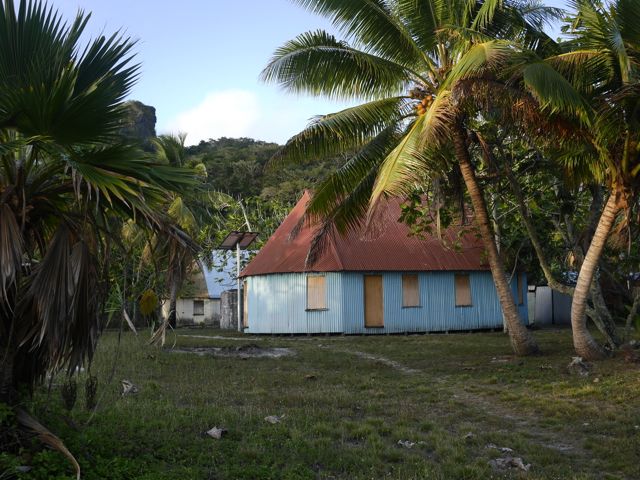 Like the countryside in Sweden there are quite a
few houses that are just closed and left behind, many move to Suva or
to a foreign land to live a different
life
|